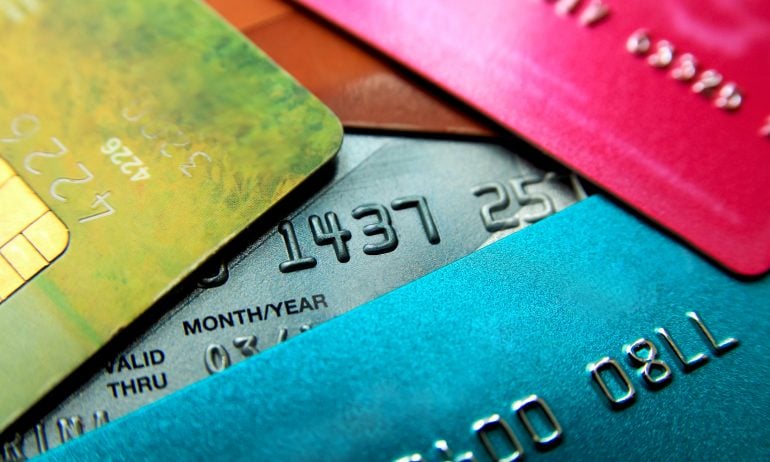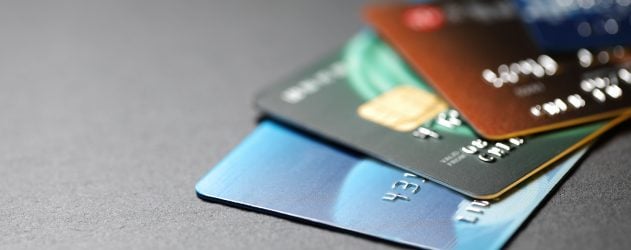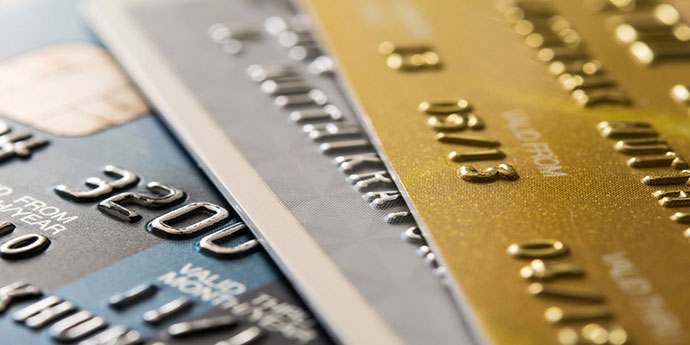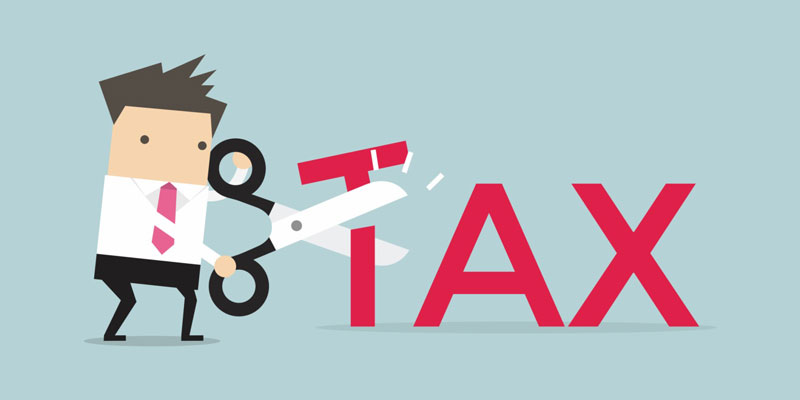Using credit cards wisely may provide you with many benefits, including safeguards for consumers and a quicker path to building excellent credit. If you use them irresponsibly, it may hurt your credit, which would make it more difficult for you to borrow money in the future. If you can understand how credit cards function, you will be better able to choose the appropriate cards for your needs, effectively manage your accounts, and make financial savings.
What Is A Credit Card?
A credit card is made of plastic or metal and gives the card access to a line of credit made available by the financial institution that issued the card. When you use a credit card to make a purchase, you are effectively taking out a loan from the company that issued the card to cover the cost of the item. After then, you are responsible for repaying that sum of money, either in full at the end of the month or in installments over time.
How Do Credit Cards Function?
When your application for a credit card is successful, the bank will assign you a credit limit, which is the maximum amount of money you are allowed to borrow and may spend in any way you choose. Your salary, the total amount of your other obligations, and the amount of accessible credit you have on other cards will all play a role in determining your credit limit.
Credit card transactions are processed through payment networks such as Visa, Mastercard, American Express, and Discover. They ensure that the money for the purchase is sent to the merchant and that the appropriate cardholder is invoiced for the transaction.
When you get your bill, you will be given the choice of paying a predetermined minimum amount, paying the whole amount due in one lump sum, or paying an amount that falls somewhere between. Paying just the required amount each month, often known as the minimum payment, is ultimately the most costly choice since it will result in the highest interest charges. The ideal choice is to make a complete payment because if you do so at the end of each month, you are granted a grace period during which you are exempt from paying any interest on any purchases you have made.
Your credit card issuer is responsible for reporting your payment history to several credit bureaus, organizations that compile credit reports. Your history of making payments accounts for one-third of your credit score, a three-digit figure representing how hazardous it would be to lend you money. If you want to avoid incurring late penalties and having your credit score suffer, as a result, you have to make sure that you always pay at least the minimum amount by the due date.

In What Ways Are Credit Cards Different From Other Types Of Cards?
Your checking account is connected to your debit card, and when you make a transaction using your debit card, money is deducted from your checking account. You are not taking out loans to pay for the goods you buy; you are utilizing your own money to do so. Even while there are debit cards that provide benefits, these rewards are often less generous than those offered by credit cards. In addition, the safeguards against fraud on debit cards are less robust.
A prepaid debit card is not connected to a bank account; rather, you "load" money onto the card, and you can only spend the amount you have "loaded" onto the card. This limits your spending options. These cards often levy several fees, most of which you would not be responsible for paying with a standard debit card. Debit cards that are prepaid come with some restrictions but also provide certain safeguards. For instance, many prepaid debit cards may need access to ATMs or mobile banking services. Additionally, not all retailers will take them.
Costs of Carrying a Credit Card
Credit cards sometimes come with fees, but if you sensibly use them, you may avoid most of these expenses. They are as follows:
Interest payments
The annual percentage rates, or APRs, that apply to balance transfers, cash advances, and purchases may vary on various credit cards. If you pay off your balance in full at the end of each month, you won't be charged any interest on your purchases.
Annual fees
Some cards come with yearly fees ranging from $20 to hundreds of dollars. If the card offers you prizes and privileges that more than makeup for the cost of the annual fee, then it may be worthwhile to pay it. However, in most circumstances, you should avoid paying a charge just for the right to carry the card in your wallet.
Late payment fees
The cost varies from issuer to issuer, although late fees are subject to limits imposed by federal rules. As of 2018, the maximum amount that could be charged for a first-time late fee was $27, while the maximum amount that could be charged for a second late payment within six months was $38. Also, late fines can be less expensive than the bare minimum owed.
Balance transfer fees
In most cases, the fees associated with balance transfer credit cards range from 3% to 5% of the total debt being transferred. If you transfer your debt to the card within a set time, certain cards will waive the cost.
Foreign transaction fees

When used at non-American businesses, most credit cards will assess a fee of between one and three percent of the purchase price. Generally, these fees are not assessed on travel credit cards, and some card issuers don't assess them on any of their cards.




